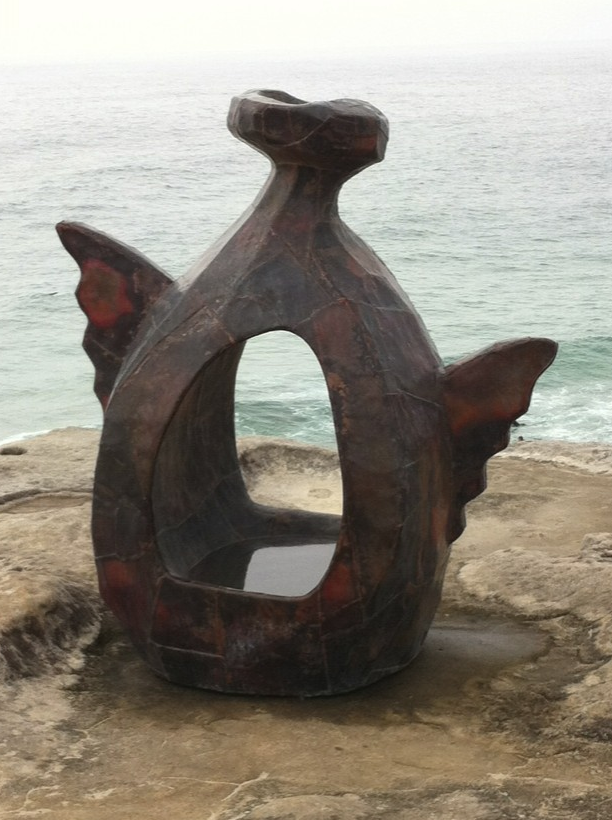Yesterday I was listening to a podcast of The Science Show - one of the many ABC shows I get by podcast and listen to on my fairly frequent long drives. The topic of discussion that piqued my interest was concerning an epidemic of facial tumours within the Tasmanian Devil population. The interviewer was asking a scientist about various methods by which the devil might be saved (a nice and intentional pun by the atheist Robyn Williams). Now the immediate thought that came to my mind was should we save the devil? One of the great ethical questions for humanity, especially as our ability to intervene in natural affairs continues to grow, is whether we should interfere with natural processes. After all, it was probably an extinction of some species which provided the ecological niche into which our own mammal ancestors could move, enabling our own evolution. So should we intervene to 'save' the Devil, not knowing what the unintended consequences might be?
A previous segment had been about the possible future extinction of gorillas and chimps and I had found myself wishing fervently that some way might be found to avoid that outcome. Now I was having second thoughts about whether we should intervene to save the Tasmanian Devil from possible extinction. It left me recognising that there are no clear ethical guidelines (at least not ones I've seen articulated anywhere about this kind of issue.
Should we intervene only to save species we see as cuddly, important or closely related to us?
Should we always intervene to save species (and damn the unintended consequences)?
Should we intervene when it supports a policy of maximum biodiversity?
Should we intervene only when it seems likely that the species in question is in difficulty primarily and directly because of human activity?
Should we try to minimise any human interference with natural processes, and hence any intervention regarding an endangered species?
I think these are important questions for the next decades and centuries.
